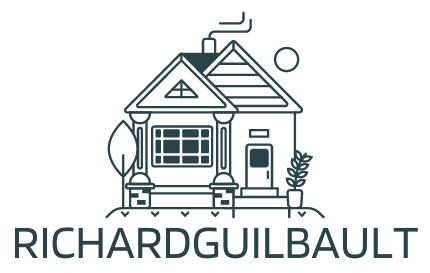It is just a dream of many to own a comfortable home, here are some things a buyer needs to know before purchasing a house.
Step 1: Budget:
The proper budget needs to be organized to know how much money will be remaining each month to meet your expenses. Remember that your best property will rarely be your final property, so search after your present property getting needs first, and let the long lasting care for itself. You should make sure the property you are getting will fulfill your present needs and stay within your budget. As a property buyer, understanding your family’s present major needs will help you make right decision.
Action 2: FastFlow Home Buyers LLC Location
It is essential to choose Take a good look at the location and the area. It is best to try a place adjacent to the prime location of your city so that the price is not that high. Location will likewise have a huge impact on the reselling value of your home. Choose wisely and your home may be your best investment.
Step 3: Rental rates in the area:
In case you are are planning about investing in a local rental property, homes in high-rent or highly populated areas are ideal. Knowing the rental rate in the area helps you to choose the right property and placement.
Step 4: Good Resale Worth:
Resale sale Value is a crucial thing to consider before you plan to get or obtain a property. Property customers never consider resale value when they buy. They will make the mistake of focusing solely on a prime vicinity or the budget of the house. When you choose the completely wrong property or location, it is possible that your future sales price will always be below the other homes around it.
Visit: https://www.fastflowhomebuyers.com/we-buy-houses-dallas-tx/
Credit Score
Step 5: Loan eligibility:
Home loan eligibility depends on the repayment capacity, income, existing loans or debts and age of the loan applicant. The lending company or banks provide online services such as mortgage loan eligibility calculator to estimate loan eligibility of the home loan borrower. The particular maximum loan that may be sanctioned varies with the financial institutions and the eligibility conditions may vary based on the lender or RBI regulations. Because home loan rates increase, the money eligibility for a borrower becomes stiffer.
Stage 6: Stamp Duty & Registration Fee:
This is an important expense or tax, much like the sales tax and income tax that are accumulated by the Government. Any time planning your financial budget for property buying and deciding to obtain a property, you need to know the rate and charges applicable in your city. If you want to understand the market value of your property and the stamp responsibility amount on it, you need to contact the Ready Reckoner to locate your valuation zone and sub-zone. Find out the stamp duty amount appropriate to you as per the market value.
Step 7: Extra Costs:
Even if this isn’t your first home buying experience, you will want to get help from a team of professionals. Fees or service charge by real estate agents, lenders or lenders, home inspector, land surveyor, lawyer or notary etc should be considered. Find out there how much is the maintenance charge. Will car car parking be provided and do you have to pay extra for it. If your earlier owner did not have an automobile, speak to the secretary of the society and ask for a parking lot.
Step 8: Property insurance:
Property insurance coverage safeguards your financial future if certain damages take place to your house. The cost is relatively low and offers coverage in case of problems with the house name, certain damages or any type of legal issue. There are many different home insurance policies to choose from, with varying levels of protection. When taking a decision to protect your major property, you should have a source you can trust, to guide you along the way. Selecting the most appropriate house insurance policy protects your property and makes the process of buying easy.




